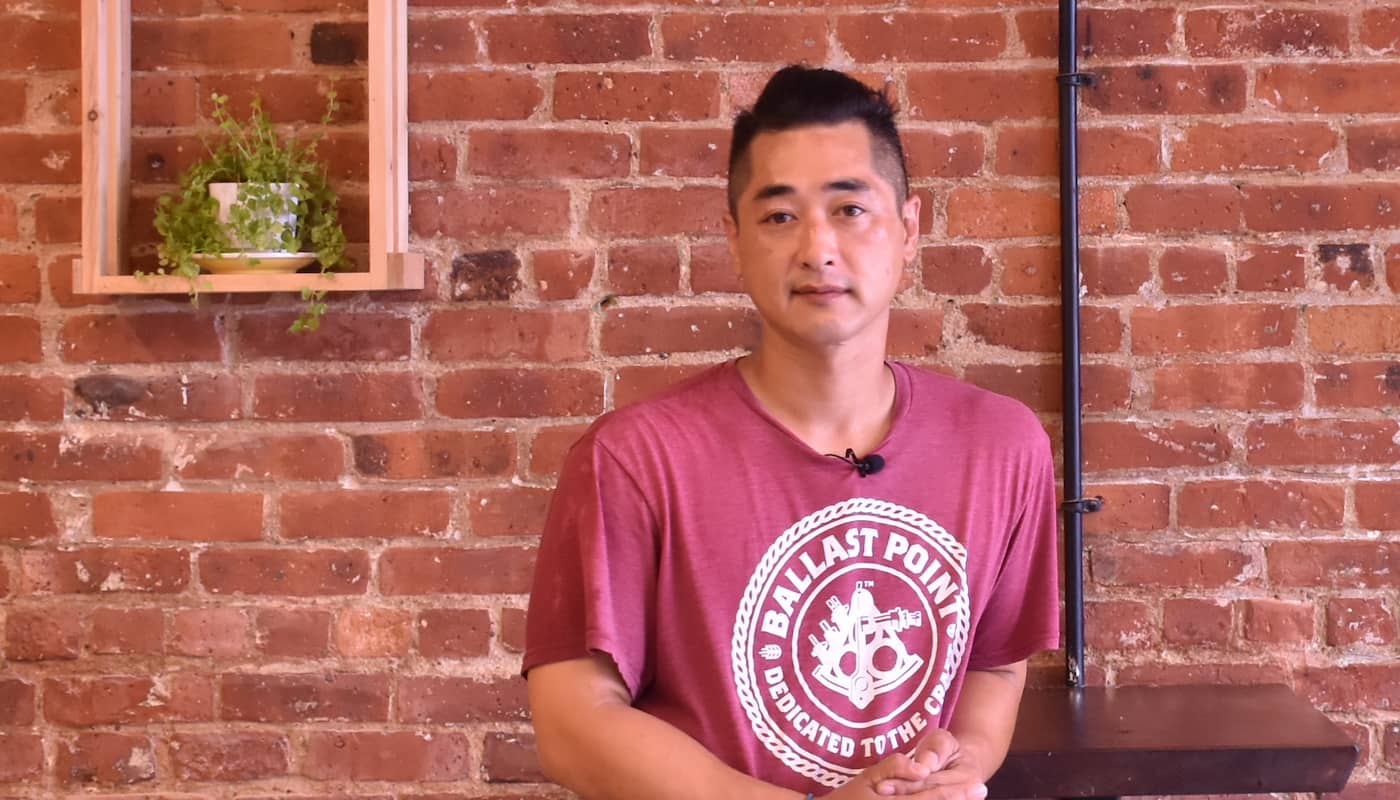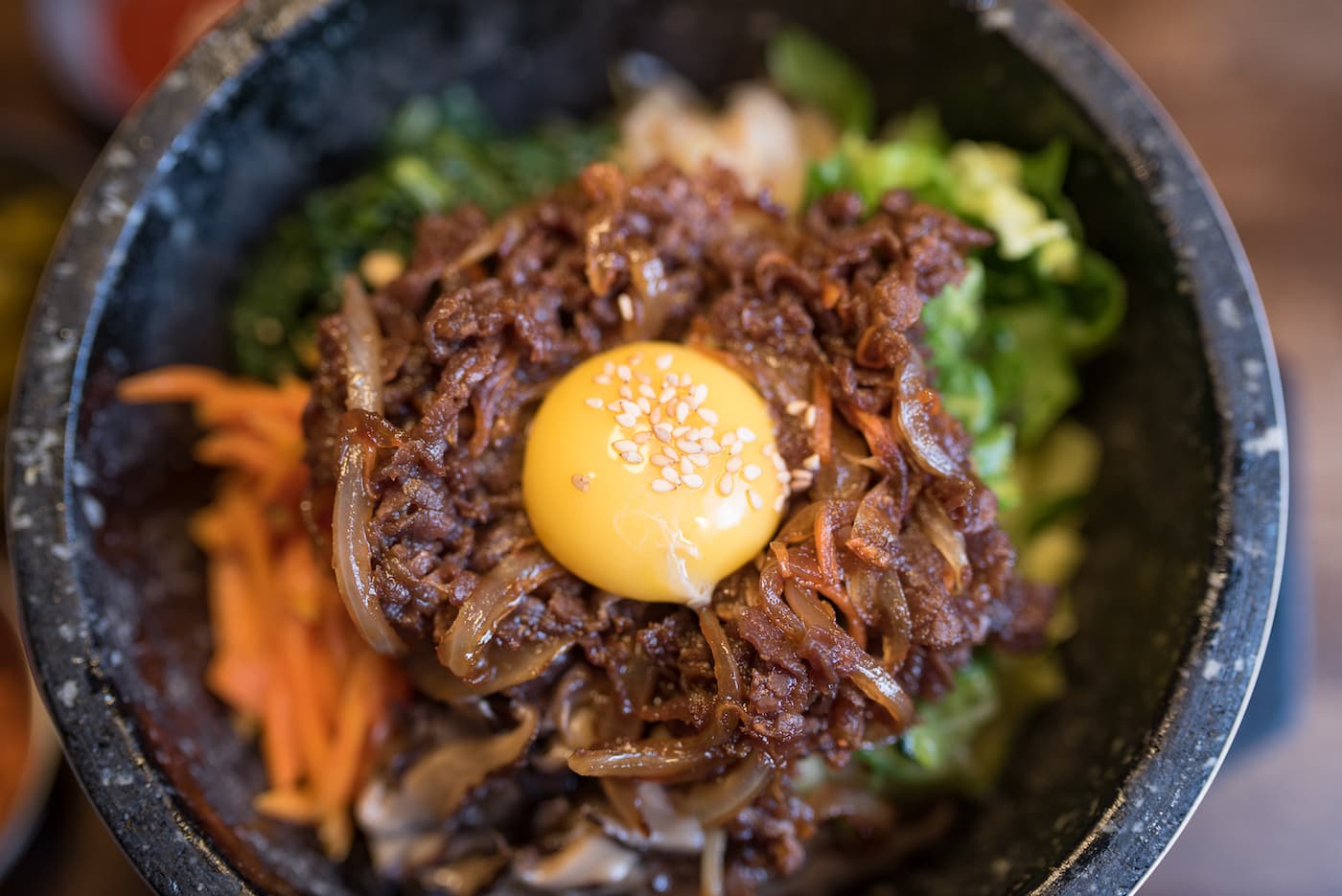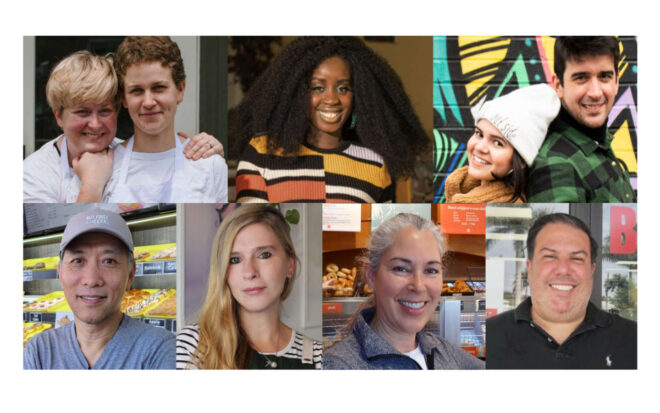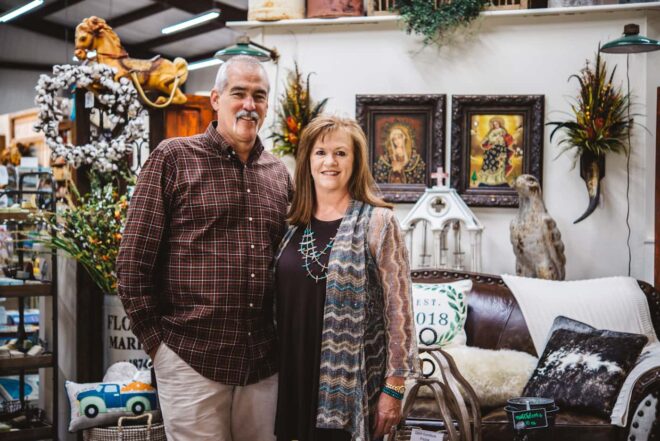Bulbap Grill
Editorial Team
5 min read
In this installment of our Meet the Merchant series, we speak to Jeff Choi of Bulbap Grill, which has three locations in New York and New Jersey. Jeff, a former banker, has found a way to adapt and thrive in the pandemic while maintaining top-notch customer service. He opens up about his passion for Korean food, his formula for success, and his advice for other restaurateurs.
Clover: Hi Jeff. Thanks for taking the time to speak with us. To start, tell us about your history and your background in food.
Jeff Choi: I’m still at the very beginning of my journey as far as the food business is concerned. I don’t have a background in the food industry, so my story is not traditional. Prior to this, I was in banking for about 20 years, performing different duties from financial analysis to product development.
My interest in restaurants started about four years ago when I opened my first store in Brooklyn’s Greenpoint neighborhood. Now we have grown to three locations.
I wanted to take traditional Korean home cooking from my kitchen and bring it to a mainstream audience. My business strategy centered around the concept of providing the general public natural Korean flavors using the freshest ingredients in a casual dining environment.
Clover: Do you think that your experience as a banker affected the way you planned that opening?
Choi: I don’t think so. It’s about chasing the American dream. I wanted to be an entrepreneur. I had this dream about working and creating something for myself. And when I followed that dream, I found out the restaurant business is as tough as it gets. Yes, all the experience and knowledge I acquired from banking, such as profit and loss management, product development, and marketing has helped me manage the business overall.
Clover: Were you in charge of cooking as well as business operations at the restaurant?
Choi: Yes. I’ve just about done it all, besides making the deliveries. I’ve been cooking, cleaning, and managing operations. It’s like any other new business.
Clover: Talk to us about the strategy you used to reach out to your audience when you first opened. That initial period can be so difficult. How did you market yourself?
Choi: When I first opened up, I had a very loyal customer. In the first 30 days, this guy came in about forty-seven times. He encouraged me to be a bit more arrogant in my behavior as an owner to assert confidence in the competitive market of Greenpoint and Williamsburg. When I heard that, I respectfully disagreed, because what I believe to be the formula for a successful restaurant is the overall concept and service level in addition to the quality of the food.
I trained my staff to be overly nice to the customers as much as possible because I’ve gone to other restaurants and, to some degree, brusque and rude service is the standard around here. But I think that strategy isn’t long-lasting. My decision was to provide good food and the service level that the customers deserve in order to create a pool of loyal customers.
We guarantee our customers will receive their delivery within 15 or 20 minutes. For a lot of business around here, the delivery range is over three miles. In order to deliver in a two- or three-mile range, it could take 25 minutes to get there based on the traffic. Knowing that, I’ve always limited my delivery range to one mile because speed is a priority. I’d rather do a smaller area with higher standards than create a larger delivery area to catch more customers but not serve them well.
Clover: How does Clover fit into your operation?
Choi: I started using one of those iPad-driven POS apps. It was too buggy for me and the performance was really bad. Then I met a salesperson from Clover; it was one of those “right place at the right time” moments. I fell in love with its simplicity and beauty. It has also dramatically improved our credit card transactions. Previously, we experienced a lot of tech glitches. Since Clover came into the picture, glitches are a thing of the past.
When the pandemic hit, our Clover sales representative reached out and provided the option for Flex, Clover’s handheld device, which has been a godsend. We needed to figure out how to accept payments at the door, which is very far from our POS system. The handheld device has been performing really well for us. We actually reconfigured our storefront to an open window. That way, customers can stand outside and order, and we can carry our handheld to them for payments.

Clover: Overall, do you feel like you’re able to weather this pandemic?
Choi: Nobody could’ve prepared for an environment like this, but we had set ourselves up pretty well. We began focusing on pickup and delivery to boost our business revenue about two years ago. We were lucky because this setup has helped us thrive prior to the pandemic, and has kept us afloat throughout.
The restaurant business itself is hard in or out of a pandemic. That has not changed in New York City for a long time, where, in the best of times, new restaurants have a 50% closure rate in their first year. In three years, only half of the remaining restaurants are likely to be in business. The lesson that I learned is that if you provide great food and service that the customer wants, you’ll prevail.
Clover: What advice can you offer others looking to open restaurants?
Choi: Follow your heart. Make sure that you don’t have any false hopes about what business will be like. It is going to be a long and difficult road. You don’t start a business thinking you can make your own hours. In fact, if somebody has that mindset, they should not open their own business. Success is made when times are difficult, and when the prosperous time comes, you’re ready for it.
Read more of our Meet the Merchant stories for real-life stories of small businesses in action all over the country.
Related Posts
We’re thankful for our merchants
Popular Topics
Stay in touch
Sign up and learn more about Clover.
Thank you for your subscription!
More posts about starting a small business
eBook





